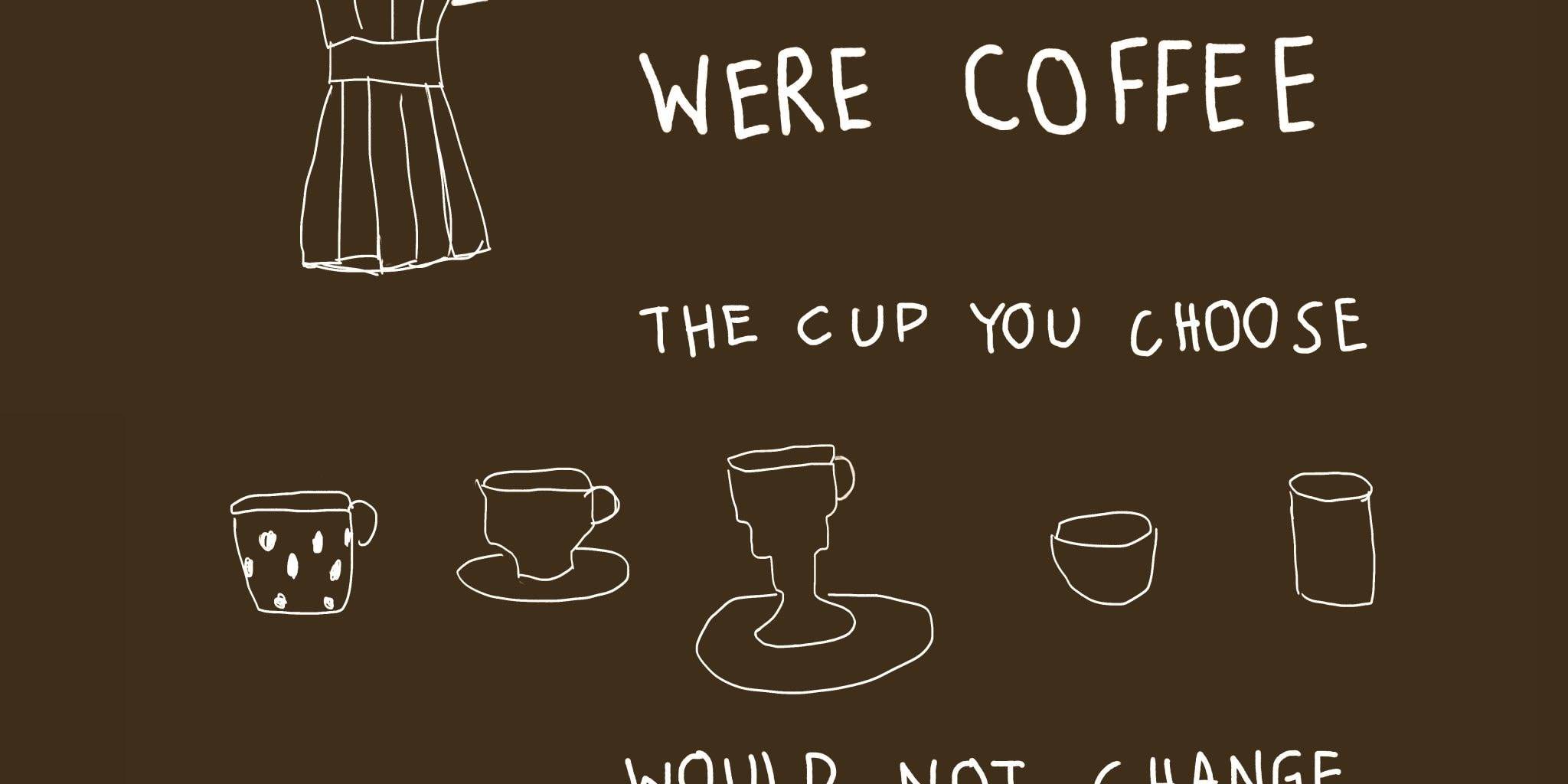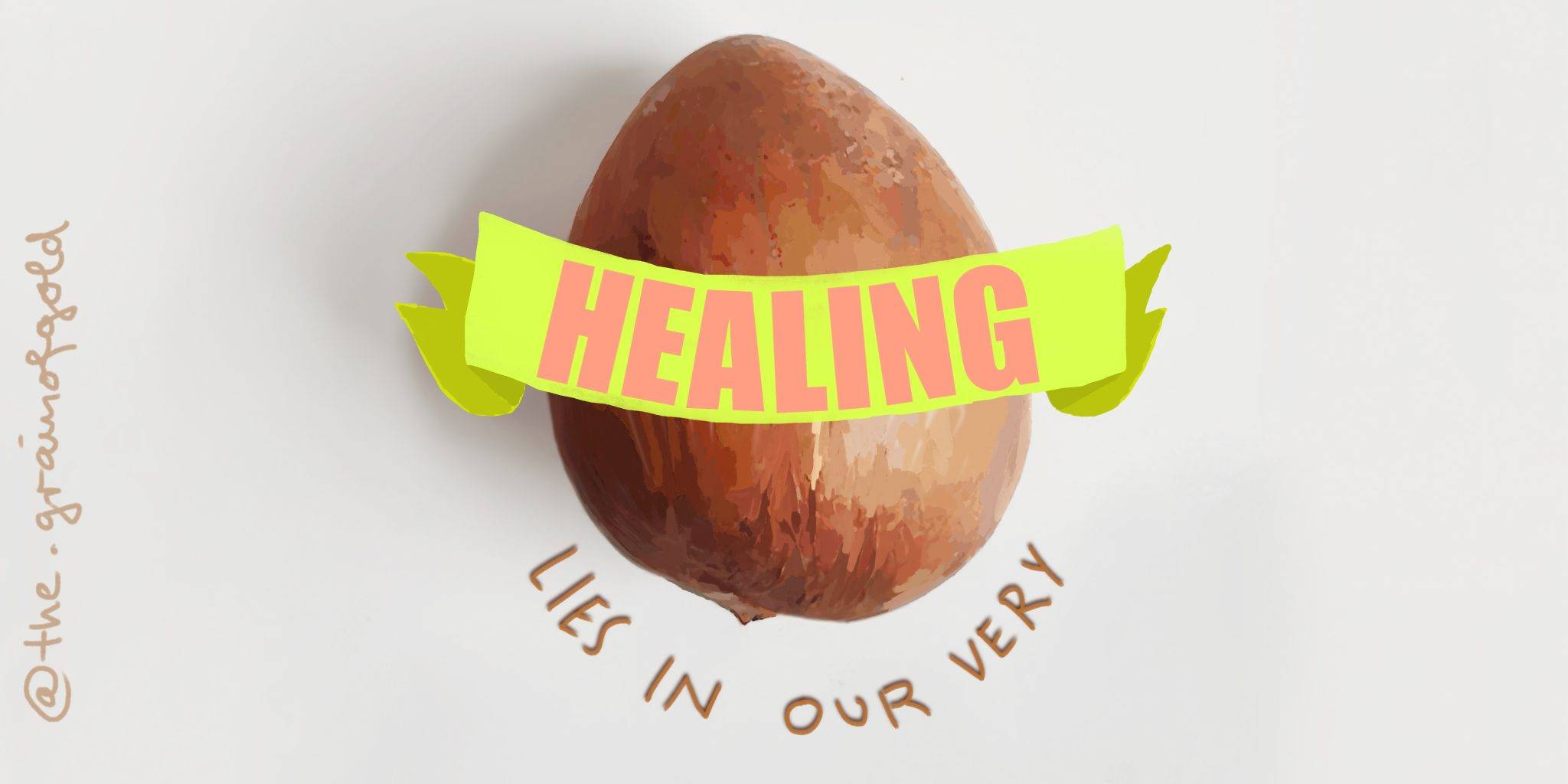Taking Up Space Unapologetically: Unlearning the Good Boy and Good Girl Conditioning
From the time we take our first steps, society begins its subtle yet relentless campaign to shrink us into submission. We are trained to be “good boys” and “good girls,” a conditioning that seems innocent on the surface but runs deep, shaping how we show up—or fail to show up—in the world.
Don’t be too loud. Don’t get angry. Share. Be polite. Pay attention to others. Don’t take too much. What’s yours isn’t really yours—it’s selfish to claim anything outright. This list goes on, creating a tidy template for compliance. We learn early that our comfort, desires, and even existence can be an inconvenience to others, and our worth becomes tangled up with how much we accommodate.
The result? As adults, we become anxious about being a burden. It shows up in subtle, almost invisible ways:
- Driving faster than we feel comfortable on narrow mountain roads because we don’t want to hold up the driver behind us.
- Apologizing reflexively, even for things outside our control.
- Keeping our emotions bottled up so we don’t make others uncomfortable.
Most of us don’t even realize it, but these small, everyday scenarios are the echoes of childhood conditioning. This is the lingering voice of those “good boy” and “good girl” lessons, whispering to us that it’s safer to stay small, to take up less space, and to always put others first.
We learn early that our comfort, desires, and even existence can be an inconvenience to others, and our worth becomes tangled up with how much we accommodate.
Conditioning Designed to Control
Make no mistake—this isn’t accidental. A society filled with polite, compliant individuals who don’t take up space is much easier to control. If we’re too busy tiptoeing around other people’s comfort, we’re less likely to challenge systems of oppression or question authority.
This conditioning works because it ties our self-worth to how “good” we are at meeting these impossible expectations. It’s not just about behavior; it’s about identity. Being polite, agreeable, and unselfish becomes a badge of honor, while assertiveness or self-advocacy gets labeled as arrogance, selfishness, or even aggression.
But here’s the thing: taking up space isn’t selfish or aggressive. It’s a declaration of existence. And more than that, it’s healing—not just for you, but for everyone around you.
This is the lingering voice of those "good boy" and "good girl" lessons, whispering to us that it’s safer to stay small, to take up less space, and to always put others first.
Space Is Infinite, and It Belongs to Everyone
We’ve been conditioned to believe that space is finite. If you take space, someone else loses it. If you stand tall, someone else is overshadowed. This scarcity mindset keeps us in competition with each other, afraid to claim what is ours.
But space is not a zero-sum game. Space is infinite. Your presence doesn’t diminish someone else’s; it invites them to claim their own.
When you take up space, you take a position. And when you take a position, you compel others to do the same. This act can be deeply healing. By unapologetically standing in your truth, you show others that they can do the same. You break the cycle of shrinking and create a ripple effect of empowerment.
Think about it: when you see someone owning their space—whether it’s speaking their truth, standing tall, or refusing to back down—it’s inspiring. It stirs something inside you, reminding you that you, too, have the right to exist fully.
Unlearning the Need to Stay Small
Breaking free from this conditioning isn’t easy. It’s deeply ingrained, and it will show up in ways you don’t expect. But awareness is the first step. Here are some ways to start reclaiming your space:
1. Notice the Small Ways You Shrink
Pay attention to those little moments where you make yourself smaller. Are you apologizing unnecessarily? Rushing through a task to avoid inconvenience? Holding back an opinion in a conversation? These are all signs of the conditioning at work.
2. Question the Beliefs That Hold You Back
When you feel guilty about taking up space, ask yourself: Where did this guilt come from? Who taught me that my needs and desires are a burden? Challenge the idea that your worth is tied to how little you inconvenience others.
3. Practice Taking Up Space, Even When It Feels Uncomfortable
Start small. Hold eye contact during a conversation. Speak up when you have something to say, even if your voice shakes. Take your time while driving or walking, knowing it’s okay to go at your own pace. With practice, these actions will feel less like rebellion and more like your natural state.
4. Embrace Your Emotions Without Apology
Anger, frustration, joy, sadness—these are all part of the human experience. Stop policing your emotions to make others comfortable. Express them fully and authentically, knowing that you have the right to feel.
5. Redefine What It Means to Be a “Good” Person
Being good doesn’t mean being small. It doesn’t mean saying “yes” to everything or putting yourself last. Redefine goodness as authenticity, as living in alignment with your truth.
Taking up space isn’t selfish or aggressive. It’s a declaration of existence. And more than that, it’s healing—not just for you, but for everyone around you.
The Ripple Effect of Taking Up Space
When you reclaim your space, you give others permission to do the same. This is how healing spreads—one person at a time, one act of courage at a time.
Imagine a world where everyone felt free to take up space without fear of judgment or shame. A world where people could express their emotions, speak their truths, and live authentically. This isn’t a utopian fantasy; it’s a possibility, but it starts with you.
By unlearning the conditioning that keeps you small, you become a beacon for others. You show them that space is not something to be earned or begged for—it’s their birthright.
Reclaim Your Space, Reclaim Your Power
Taking up space unapologetically is an act of rebellion, yes, but it’s also an act of love. Love for yourself, love for others, and love for the world. It’s about stepping into your rightful place, not as a “good boy” or “good girl,” but as a whole, vibrant human being.
It’s not easy to break free from the patterns of a lifetime, but remember this: space is infinite. There is enough for everyone. And when you claim your space, you make the world a little bigger for everyone else.
So take a deep breath. Stand tall. Speak your truth. Take up space unapologetically—not just because it’s your right, but because it’s your responsibility.
You may also like
If life were coffee
A group of alumni, highly established…
The world is in me
Our experience of the world is…
The seed of healing lies in our very brokenness
Our ability to heal and transform comes…






